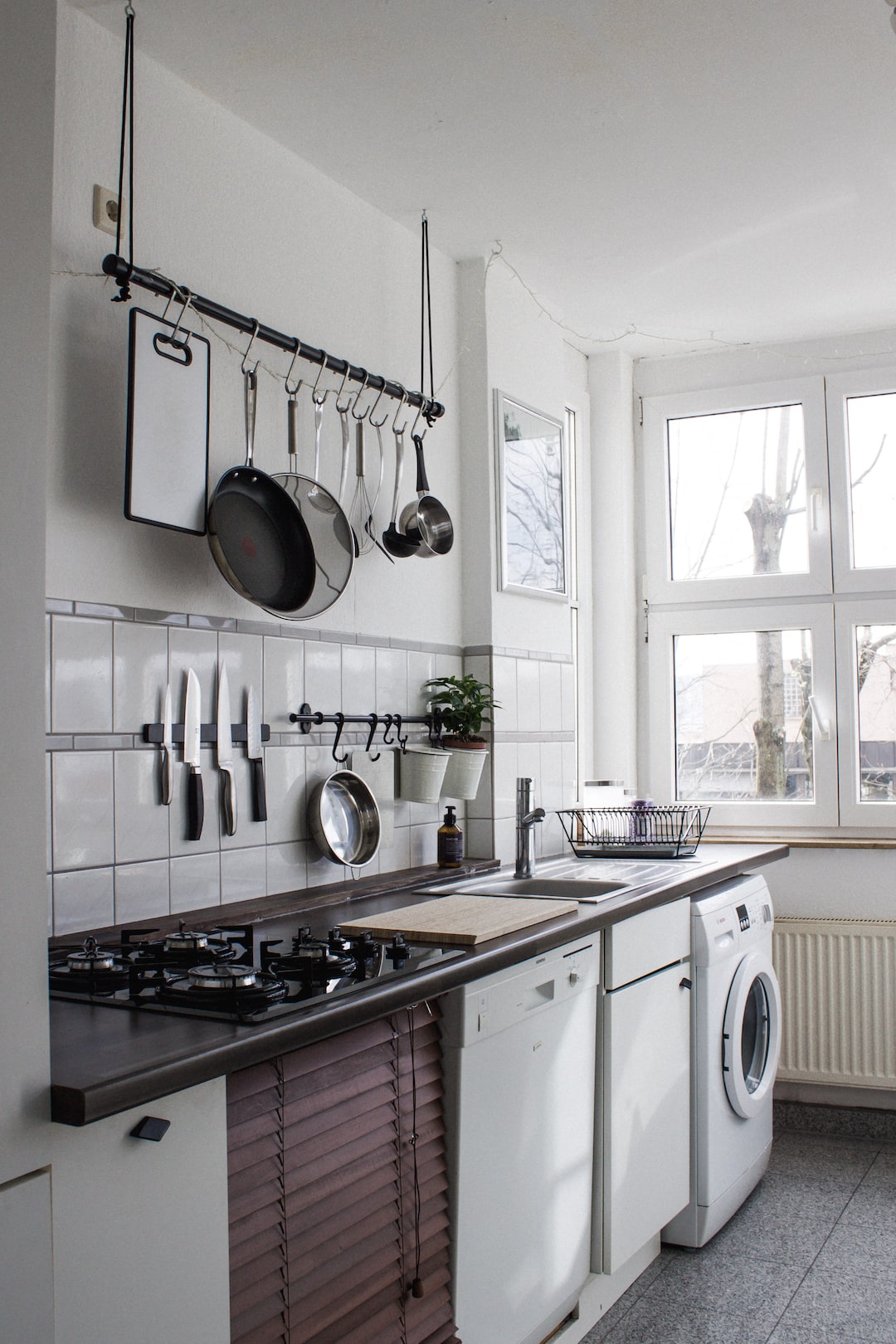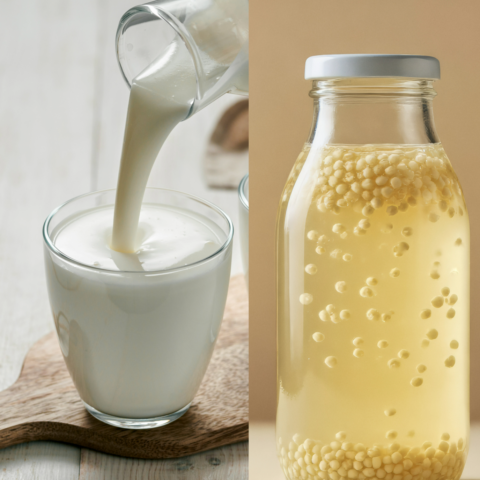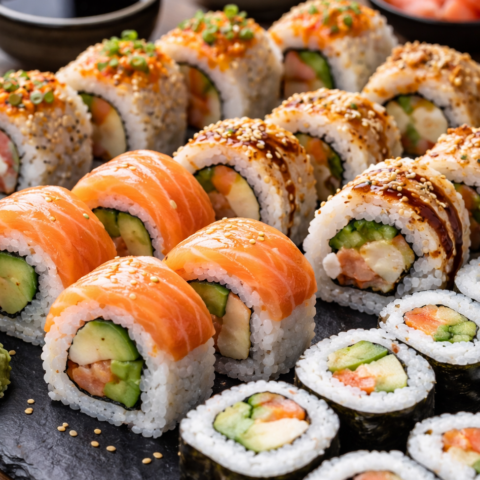Ladle of Contents
Key Takeaways:
– Bamboo utensils are sustainable and require hand washing and occasional oiling.
– Wooden utensils are classic, germ-resistant, and environmentally friendly, but they stain easily and require regular oiling.
– Silicone utensils are affordable, heat resistant, and come in various colors, but they can be damaged by sharp objects and some may contain fillers.
– Metal utensils are durable, easy to clean, and dishwasher safe, but they can cause superficial scratches on stainless steel cookware.
Bamboo Utensils: Sustainable and Eco-Friendly
Bamboo utensils have gained popularity in recent years due to their sustainability and eco-friendly nature. Bamboo is a fast-growing plant that does not require pesticides or fertilizers, making it an excellent choice for those who prioritize environmental conservation. These utensils are lightweight, making them easy to handle and maneuver while cooking.
One of the key advantages of bamboo utensils is their natural resistance to bacteria and germs. This makes them a hygienic option for food preparation. However, it is important to note that bamboo utensils should be hand washed and dried thoroughly to prevent any moisture from causing damage or warping.
Additionally, bamboo utensils require occasional oiling to maintain their longevity and prevent them from drying out. This can be done using food-grade mineral oil or bamboo oil. By regularly oiling bamboo utensils, you can ensure that they remain in optimal condition and continue to serve you well in the kitchen.
Wooden Utensils: Classic and Germ-Resistant
Wooden utensils have been used in kitchens for centuries and are known for their classic and timeless appeal. They are often made from hardwoods such as beech, maple, or olive wood, which are durable and resistant to cracking or splitting. Wooden utensils are also naturally resistant to bacteria, making them a safe and hygienic choice for food preparation.
One of the drawbacks of wooden utensils is that they can stain easily, especially when used with strongly colored or acidic foods. To prevent staining, it is recommended to wash wooden utensils immediately after use and avoid soaking them in water for extended periods. Regular oiling with food-grade mineral oil or wood conditioner can help maintain the integrity of wooden utensils and prevent them from drying out.
Wooden utensils are also environmentally friendly, as they are biodegradable and do not contribute to plastic waste. By choosing wooden utensils, you can reduce your carbon footprint and make a positive impact on the environment.
Silicone Utensils: Affordable and Heat Resistant
Silicone utensils have gained popularity in recent years due to their affordability and heat resistance. They are made from a synthetic material called silicone, which is derived from silica, a natural element found in sand. Silicone utensils are available in a wide range of colors, making them a fun and vibrant addition to any kitchen.
One of the key advantages of silicone utensils is their heat resistance. They can withstand high temperatures without melting or warping, making them ideal for use with stainless steel cookware. Silicone utensils are also non-stick, which means that they are easy to clean and require minimal effort to remove food residue.
However, it is important to note that silicone utensils can be damaged by sharp objects, such as knives or forks. They may also contain fillers, which can affect their durability and performance. It is recommended to choose high-quality silicone utensils from reputable brands to ensure their longevity and safety.
Metal Utensils: Durable and Easy to Clean
Metal utensils, such as stainless steel or aluminum, are known for their durability and ease of cleaning. They are resistant to rust and corrosion, making them a long-lasting option for any kitchen. Metal utensils are also dishwasher safe, which means that they can be easily cleaned and sanitized.
One of the drawbacks of metal utensils is that they can cause superficial scratches on stainless steel cookware. While these scratches do not affect the performance of the cookware, they can be unsightly. To minimize scratching, it is recommended to use metal utensils with care and avoid using them on non-stick or delicate surfaces.
Metal utensils are versatile and can be used for various cooking techniques, including stirring, flipping, and serving. They are also heat resistant, allowing them to be used with high-temperature cooking methods such as frying or sautéing. By choosing metal utensils, you can enjoy their durability and ease of use in the kitchen.
Conclusion:
When it comes to choosing the best utensils for stainless steel cookware, there are several options to consider. Bamboo utensils offer sustainability and natural resistance to bacteria, while wooden utensils provide a classic and germ-resistant choice. Silicone utensils are affordable and heat resistant, but may be prone to damage and contain fillers. Metal utensils, on the other hand, are durable, easy to clean, and dishwasher safe, but can cause superficial scratches on stainless steel cookware.
Ultimately, the choice of utensils depends on personal preferences and priorities. Whether you prioritize sustainability, hygiene, affordability, or durability, there is a utensil option that suits your needs. By considering the advantages and characteristics of each type of utensil, you can make an informed decision and enhance your cooking experience with stainless steel cookware.








